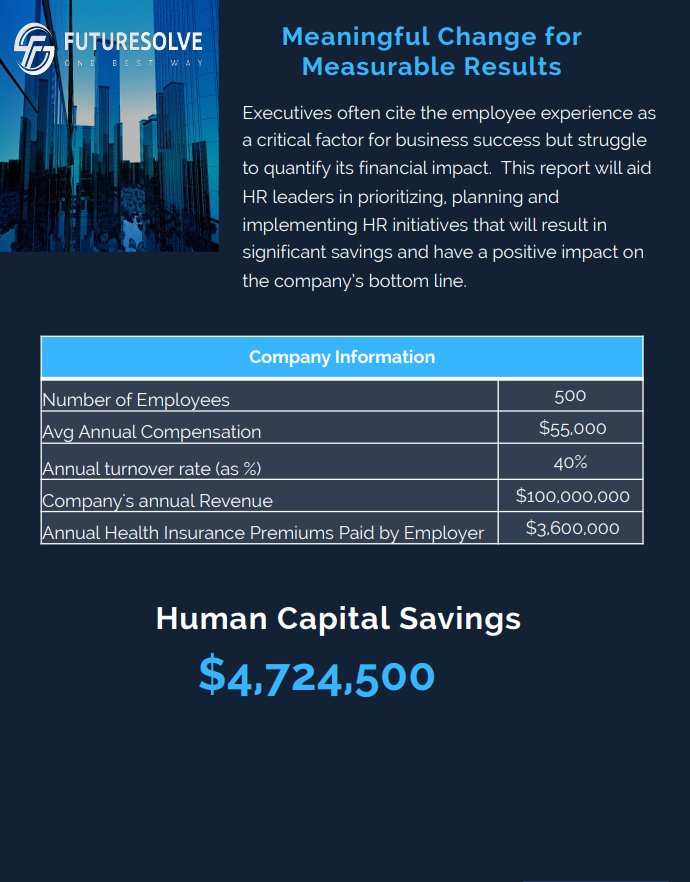HR technology has served as the catalyst in the domain of global digital transformation of HR or Human Resources. Experts estimate that HR digital transformation will continue growing even after the global economic downturn. As HR departments continue seeking improved ways to better recruitment with the help of automation, the future of all is secure when HR technology is capable of doing its job well.
In the modern highly disrupted world, the future remains uncertain. HR leaders continue facing unprecedented challenges. Their responsibilities keep increasing with the deadlines shrinking. What is the key to be on top of the latest HR trends? Let us understand the importance of digital transformation in HR.
What are the Biggest Challenges for HR at the Moment?
The HR function has been significantly changing in the past few years. A number of businesses are re-aligning the important role of HR such that they are effectively able to manage as well as grow the company quite efficiently.
HR is known to deal with a myriad of issues. As a matter of fact, one of the most pressing issues faced by global HR departments currently are Leadership Development & Corporate Culture, Retention and Motivation, and Recruitment. As HR continues moving towards a highly strategic role, addressing these challenges tends to become a time-consuming, continual process.
What Exactly is Digitization and How can It Help?
HR or Human Resources Digitization is one of the major changes affecting organizations of the world. Since its inception, the concept has gained immense impetus all around. HR is expected to execute new procedure and methods to keep up with the trends of rapid modernization of the existing workforce. The benefits of the continuous, systematic processes are the creation of a new operational HR process set to help with improving access to data analytics, communication, and collaboration.
Digitization in HR implies that organizations can go ahead with following a strategic approach to workforce planning along with offering an impressive employee experience. This allows the existing workforce to lead in the respective sectors by employing as well as retaining the top talent.
Top Digitization Trends in HR
It is crucial to be aware of the latest trends such that you are able to leverage them to bring about affirmative changes in your organization while adding more value to your business. Here are some of the latest HR digital transformation trends you should be aware of:
· Machine Learning
The overall impact of ML or Machine Learning on the entire HR industry can be observed in several domains like talent acquisition, people analytics, performance management, training & development, and employee engagement. Machine Learning algorithms are capable of analyzing huge volumes of HR-centric data towards identifying candidates and predicting their chances of getting shortlisted for a specific job. This allows HR professionals to ensure improved data-oriented decisions.
As far as talent acquisition and management are concerned, Machine Learning algorithms are capable of analyzing job descriptions, resumes, and applicant-centric data to streamline the entire hiring process while also saving a lot of time involved in shortlisting candidates. To top it all, with rapid developments taking place in the domain of NLP or Natural Language Processing, with advanced tools like Siri and Alexa, HR functions are significantly supported by the use of chatbots and intelligent bots. As such, HR teams will have access to more resources and time to devote all important human contacts on more strategic projects.
· Blockchain
The overall demand for blockchain in HR is rising at a rapid rate. Blockchain technology is rapidly becoming a staple in a wide range of industry verticals -including HR. Blockchain technology in HR can help with data management and other activities involved in the domain of Human Resources. Particular HR areas are already going ahead with adopting blockchain-inspired solutions.
Instead of cryptocurrencies, there are multiple blockchain use cases -like blockchain gaming. In the most basic form, the technology of blockchain enables individuals who are not aware of each other to exchange value in the modern digital scenarios. At its essence, blockchain offers trust in unreliable situations without the requirement of a trustworthy central authority.
· Benchmarking
Benchmarking in HR is regarded as the procedure of comparing similar characteristics within organizations -identifying the most effective practices and integrating the same into the organizational procedure. Upon the collection of data for comparison objectives, HR professionals are able to effectively determine the benchmark -the target they want to achieve. Organizations usually benchmark against similar competitors of the same industry or size to understand the incorporation of the best practices into the routines.
Benchmarking helps HR professionals to identify effective practices in other areas and organizations for bringing about improvements in their own. Benchmarking data allows HR leaders to evaluate the underlying causes behind existing gaps while making more informed decisions about the right policies and practices requiring adjustment.
· Predictive Analytics
Predictive analytics is an upcoming trend in HR or Human Resources. Recruitment tools are capable of predicting high performers. Using this advanced technology, an increasing number of companies are able to forecast which employee is likely to leave.
HR possesses huge volumes of people-centric data -typically managed in the HRIS or Human Resources Information System. Through the application of predictive analysis to the data, HR is able to serve as the strategic partner that depends on data-driven and proven predictive models, rather than depending on soft science and gut feeling. HR predictive analytics allow HR to predict the overall impact of people policies on happiness, well-being, and bottom-line performance.
Conclusion
Teams around the globe are facing the future of automation. As Artificial Intelligence takes on more responsibilities, we should be thoughtful about how humans play a vital role in the future and how to preserve the human touch in the workplace. HR teams are expected to be flexible with respect to technology.





























